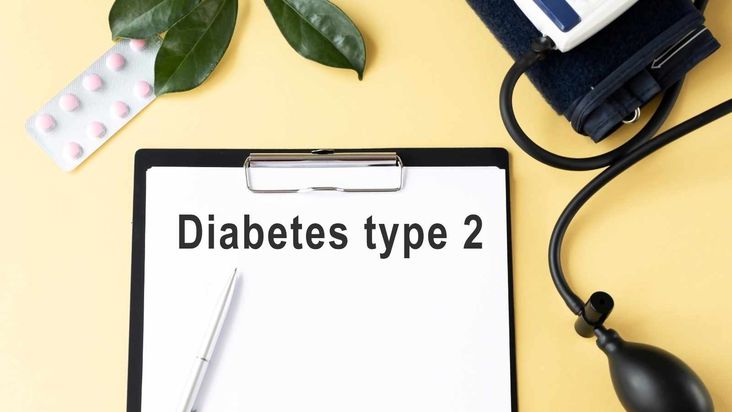The Surprising Hazards of a Gluten-Free Diet: 7 Unforeseen Risks
Gluten-free diets have become increasingly popular in recent years, with many people choosing to eliminate gluten for various reasons. While this diet can benefit people with celiac disease or gluten intolerance, a strict gluten-free diet has some unexpected dangers. Read on to discover the potential risks and dangers of a gluten-free diet.
Nutritional Deficiencies

When you remove gluten from your diet, you eliminate several foods enriched with essential vitamins and minerals. This elimination can result in potential deficiencies, especially in calcium, iron, and B vitamins. To address this, include alternative sources of these nutrients, such as leafy greens, beans, and fortified gluten-free products.
Increased Intake of Processed Foods

Many people turn to processed gluten-free foods as alternatives to their favorite gluten-containing treats. These products frequently contain significant quantities of sugar, unhealthy fats, and additional additives to replicate the desired characteristics, though they may not benefit health. These additives can cause weight gain and an increased risk of chronic diseases.
Lack of Variety

Eliminating gluten from your diet can limit the variety of food options available. Wheat-based staples like bread, pasta, and cereal are commonly used in meals. By excluding these foods, you might find fewer meal options and possibly miss out on essential nutrients.
Social Isolation

Eating out or attending social events can become challenging when following a strict gluten-free diet. Many restaurants and gatherings do not offer gluten-free options, leaving those with dietary restrictions feeling left out.
Costly Substitutes

Due to their specialized nature, gluten-free products often have a significantly higher price tag than their gluten-containing counterparts. This added expense can burden individuals on a tight budget, particularly when they must entirely replace their usual food choices with gluten-free alternatives.
Disruption of Gut Microbiome

Grains that contain gluten, like wheat, rye, and barley, are rich in prebiotics that nourish beneficial bacteria in the gut. By eliminating these foods, individuals on a gluten-free diet may disrupt their gut microbiome. This disruption can affect digestion and potentially lead to other health issues.
Type 2 Diabetes Risk

Following a gluten-free diet, when not medically necessary, may inadvertently result in a higher intake of refined carbohydrates. Consuming these extensively processed carbohydrates can increase blood sugar levels and enhance the risk of developing type 2 diabetes. This chronic condition is characterized by impaired insulin function and elevated blood sugar levels.